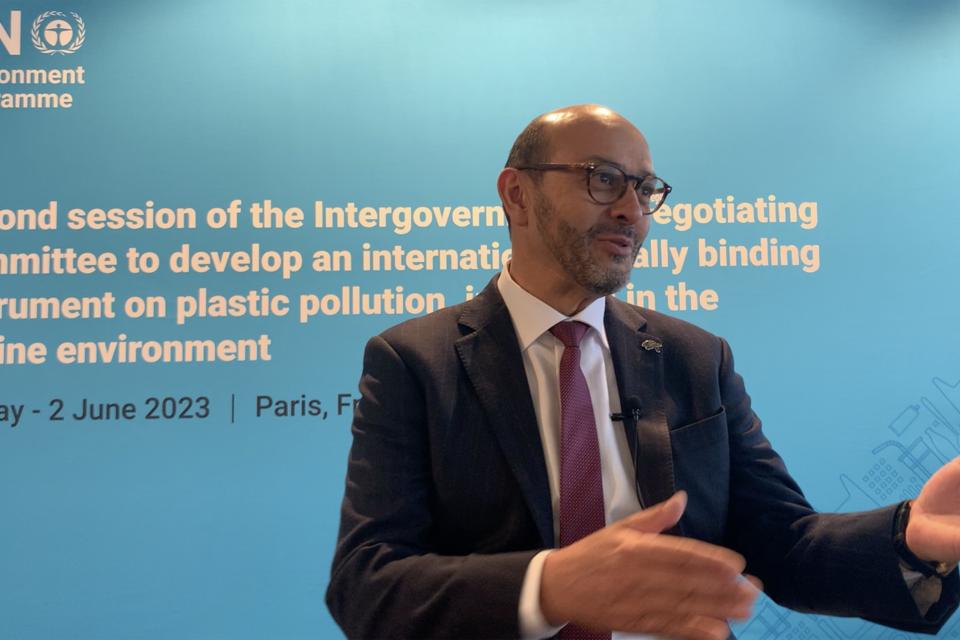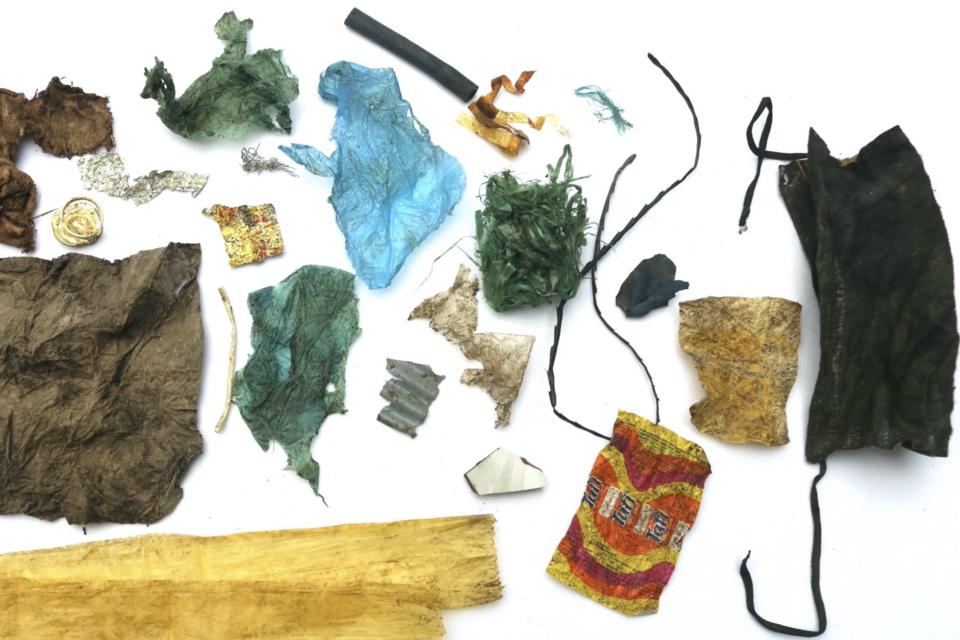

How to have an eco-friendly Christmas
Amidst the Christmas celebrations, it is easy to forget the impact the festivities can have on the environment. Check out the ways we can all have a less wasteful festive period!
For many, Christmas is a time spent with loved ones, eating good food, exchanging gifts and fighting over what to watch on TV. However, amidst the celebrations, it is easy to forget the impact the festivities can have on the environment. In the UK alone, more than 100 million bags of rubbish end up in landfills each Christmas, where they are left to pollute the air, water and land we share with wildlife.
Sadly, this pervasive problem is not confined to the UK, which is why we need a globally adopted system in which materials never become waste but are instead regenerated.
A circular economy aims to keep materials, products, and services in circulation for as long as possible, thereby reducing the amount of waste produced. This can be achieved by moving away from the traditional linear ‘cradle-to-grave’ economy to a circular system that recaptures waste by embracing the ‘4Rs’ concept (reduce, reuse, recycle, recover).
Not only does this help to reduce the amount of harmful waste materials leaking into our environment and spreading through ecosystems, but at a global scale, a circular economy system could help to reduce the need to extract natural resources from ecosystems that have already been decimated by destructive extraction processes.
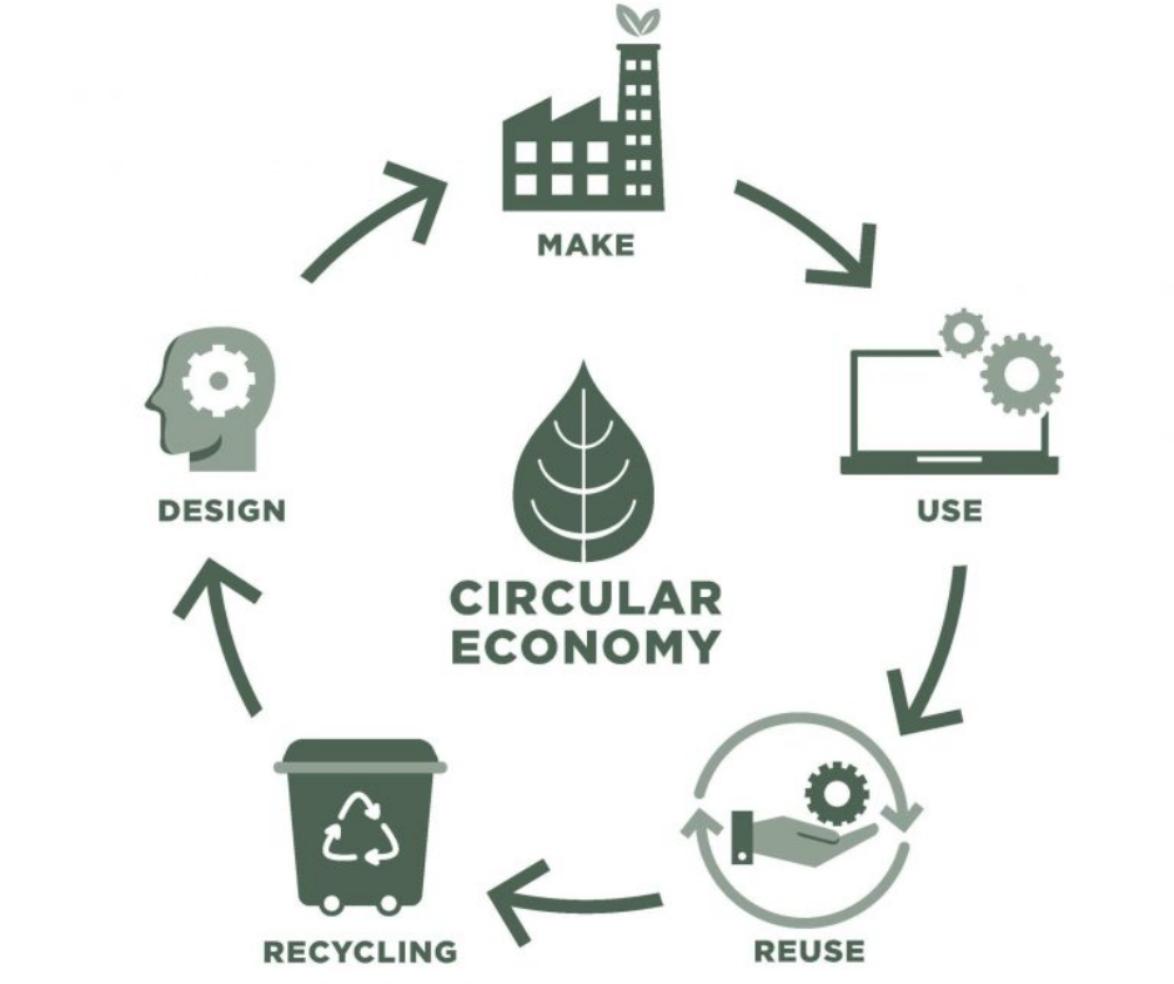
300 m
tonnes of plastic are produced worldwide each year
How is GCT contributing to a circular economy?
In Galapagos, plastic and other waste pose a problem to pristine environments. Research led by GCT discovered plastic pollution threatens more than 40 species in the Galapagos Islands due to the risk of entanglement or ingestion. Sadly, this includes the Islands’ most famous resident, the Galapagos giant tortoise.
At the start of this year, GCT embarked on an ambitious plastics circular economy project supported by the Norwegian Retailers’ Environment Fund. The project aims to reduce plastic pollution by implementing preventative measures at a local and national level.
This includes supporting community-led solutions for single-use plastic alternatives and supporting the Ecuadorian government to strengthen the international case for stronger plastic pollution legislation, with Galapagos becoming a model example of a successful plastics circular economy.
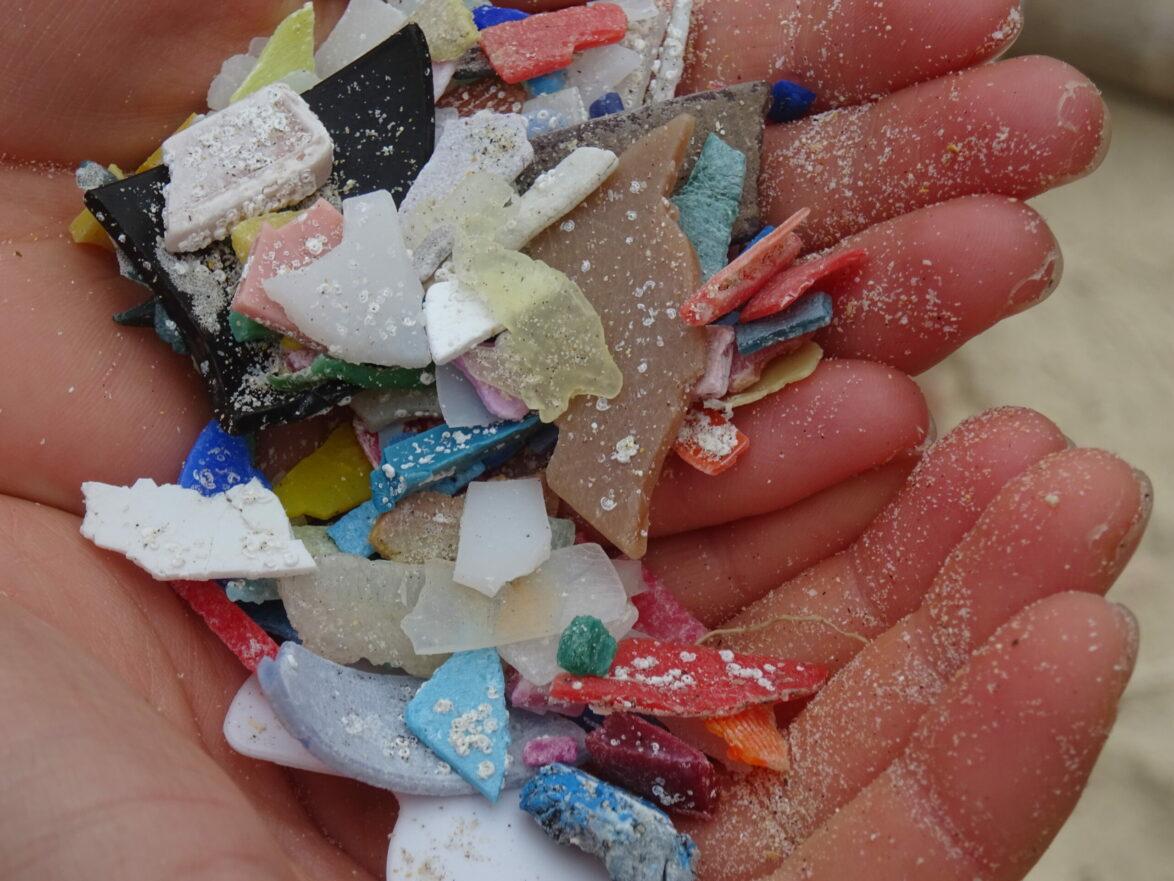
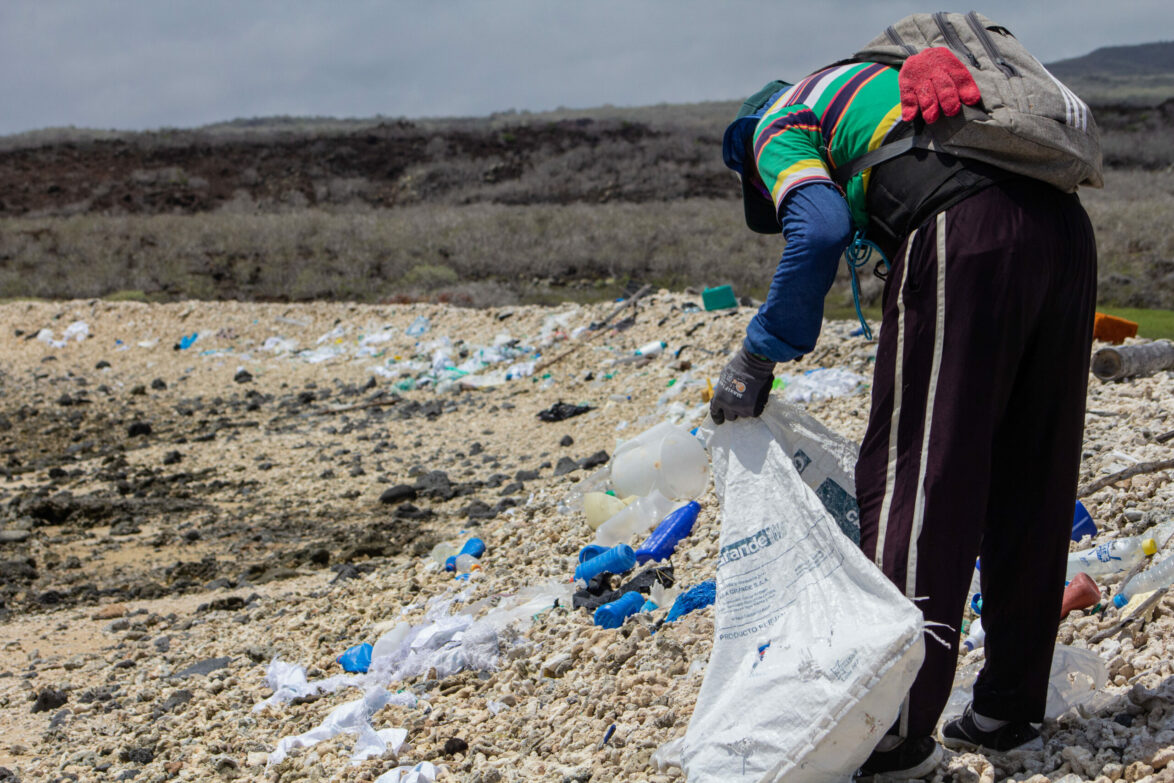
Plastic Pollution Free Galapagos
We are working with partners across the Eastern Pacific to make Galapagos plastic pollution free once again, identifying the sources and impacts of plastic and supporting innovative solutions.
How can you contribute to a circular economy?
As you begin to plan for the busy festive period, there are simple but effective actions you can take to help reduce waste.
1) Shop sustainably
Our Teemill store promotes circular economy practices by making our wildlife T-shirts, hoodies and bags from natural materials like organic cotton in factories powered by renewable energy. Our products are designed from the start to be sent back and remade into new ones once they’re worn out, keeping materials out of landfills and in the loop.
2) Take care when wrapping presents
It’s no surprise that the majority of waste produced during the Christmas season is generated from wrapping presents. But there are some very simple steps you can take to reduce waste, including using paper tape instead of Sellotape, using recycled brown paper or even newspaper and ribbon to wrap gifts, all of which can be recycled and reused.
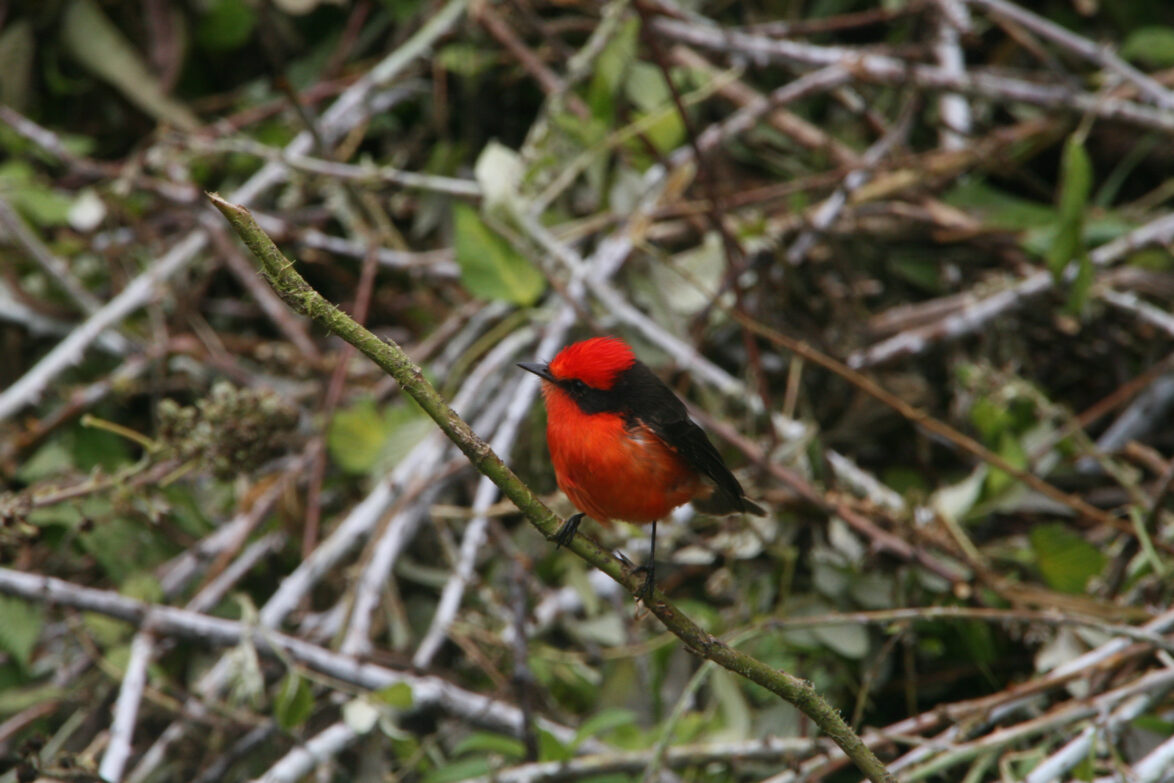
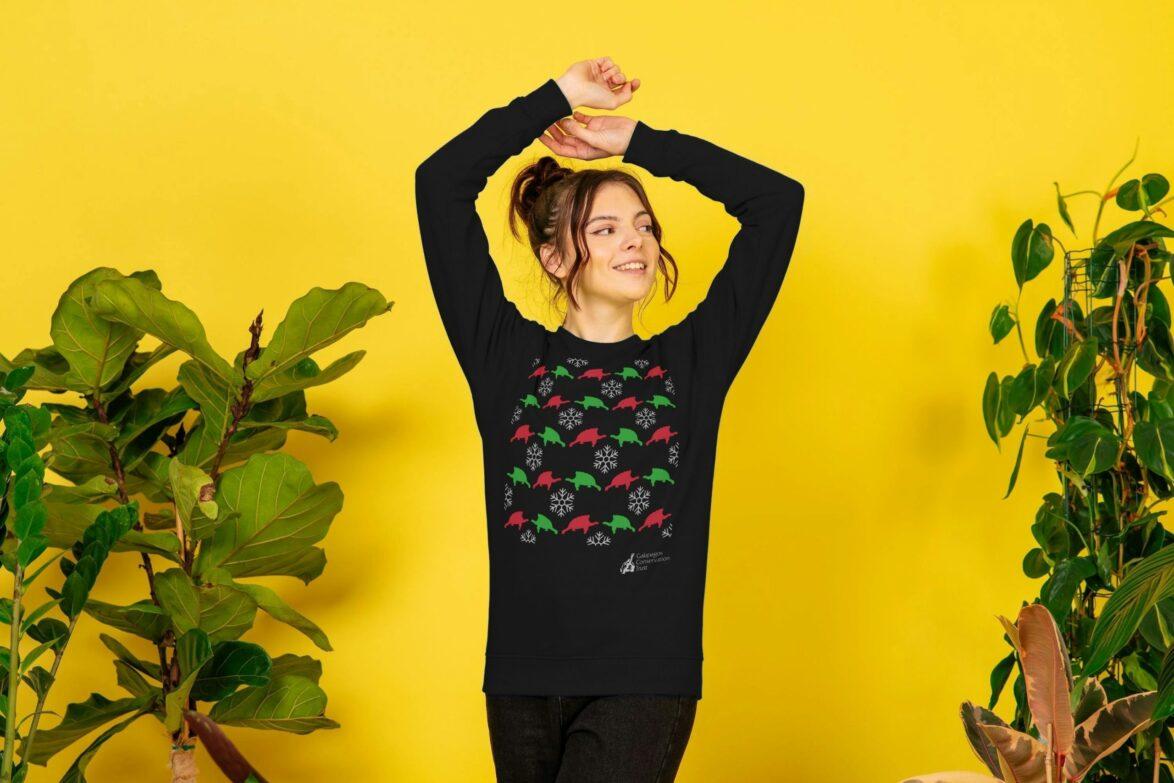
Check out our Teemill shop!
Buy your loved one the perfect Christmas gift whilst also helping to secure a safe future for the Galapagos Islands.
3) Take care with Christmas cards
In the UK alone, approximately 1 billion cards are thrown away each Christmas. This year, why not buy cards made from sustainable or recycled paper or not wrapped in plastic, such as our wildlife Christmas cards that are fully recyclable and come in biodegradable film?
4) Feast on leftovers!
Many of us will know that feeling of being unable to move after tucking into our Christmas dinners with all the trimmings. But sadly, food is one of the most significant contributors to waste produced over the festive period. It is, therefore, time to start getting creative with those leftovers; from boxing day sandwiches to hearty vegetable soups, you can do so much!
With simple steps, you can still have a wonderful Christmas whilst doing your bit to rid the world of waste.
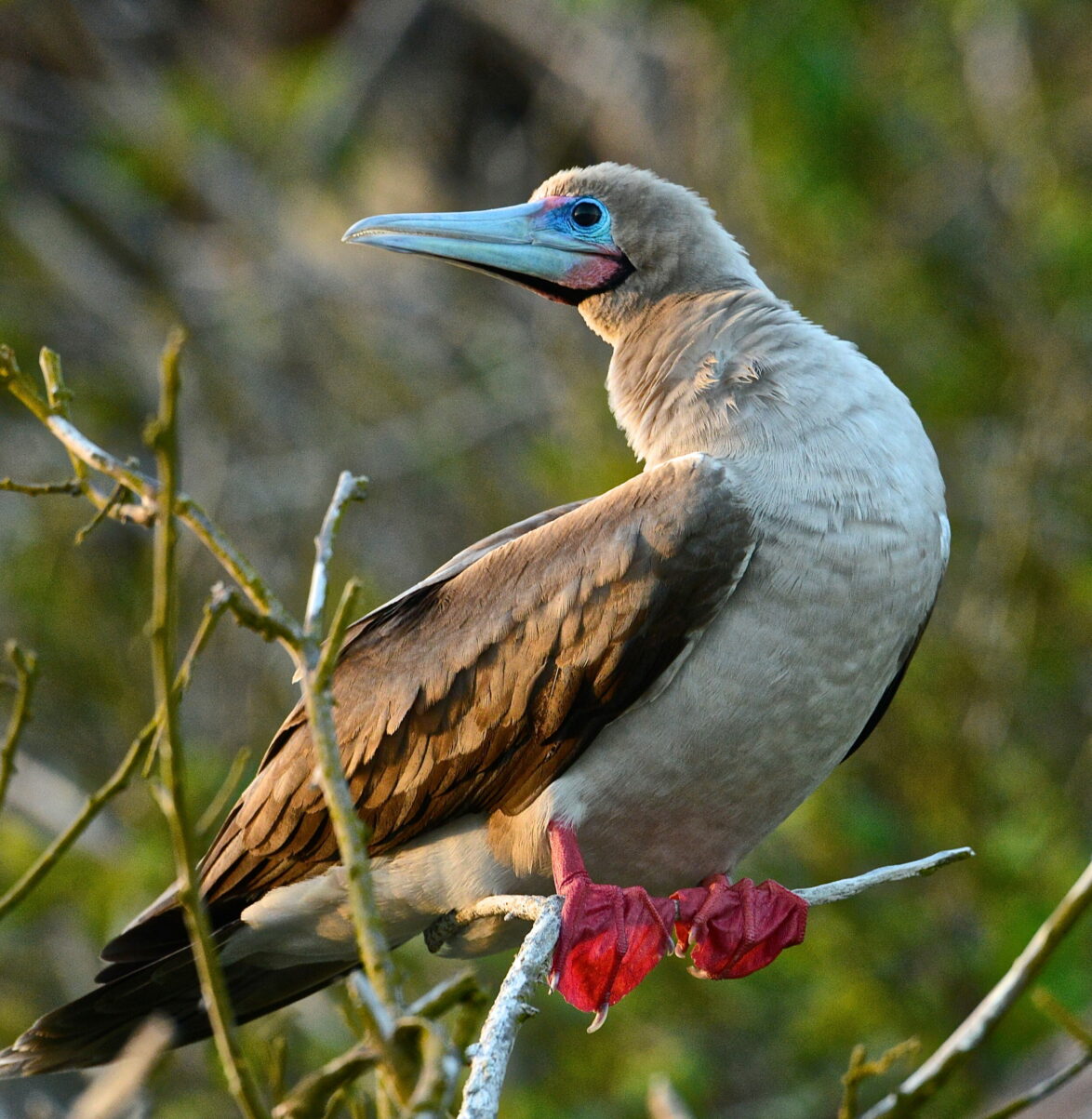
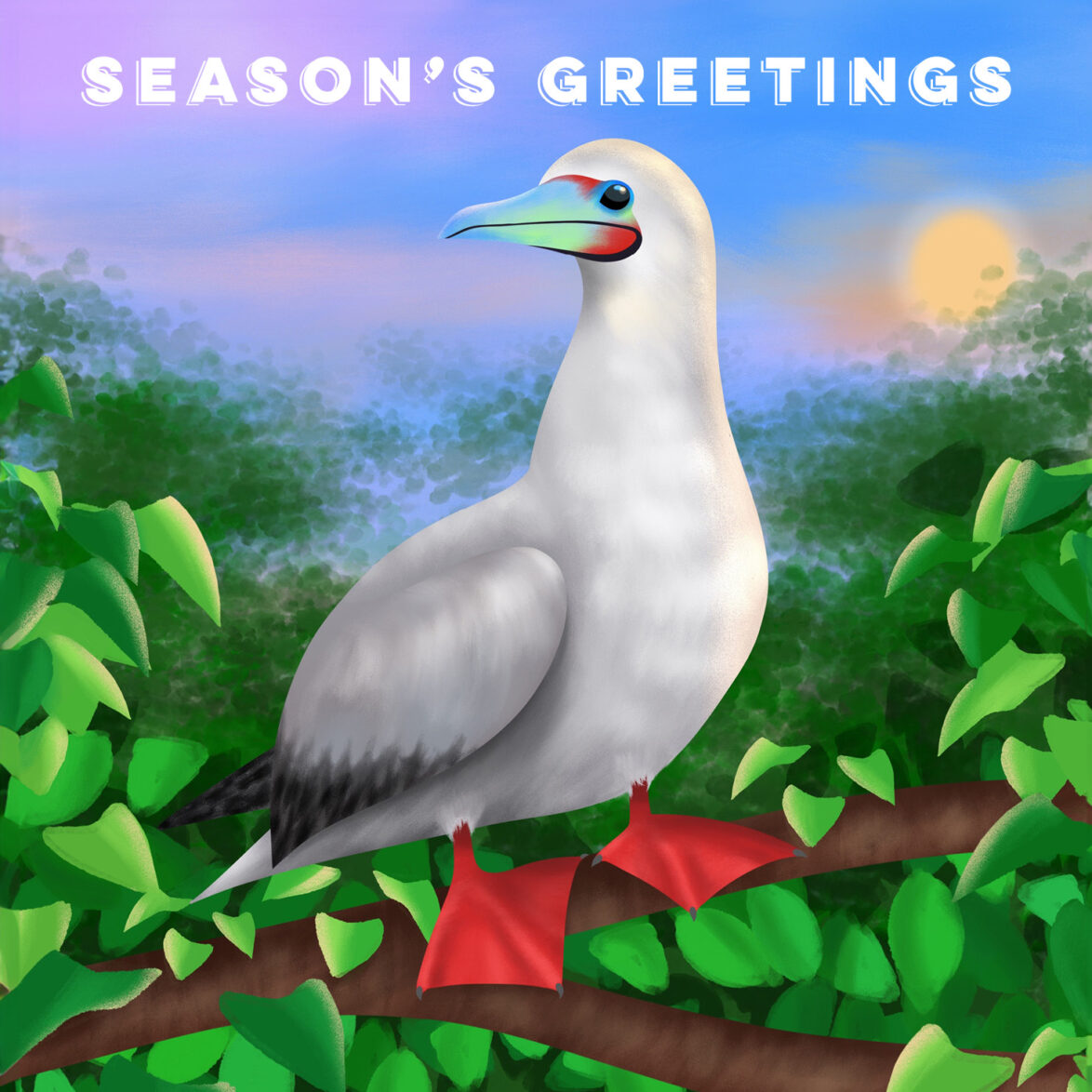
Red-footed booby Christmas cards
Our beautiful new Christmas card design features the colourful red-footed booby, one of the best known birds in Galapagos.
Related articles

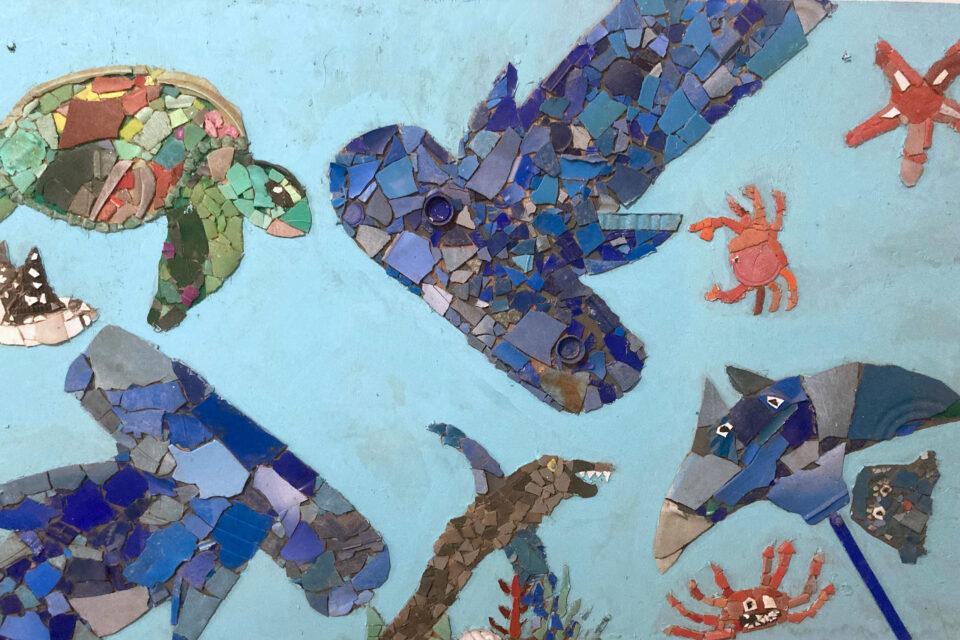
Creating a circular economy for plastics in Galapagos
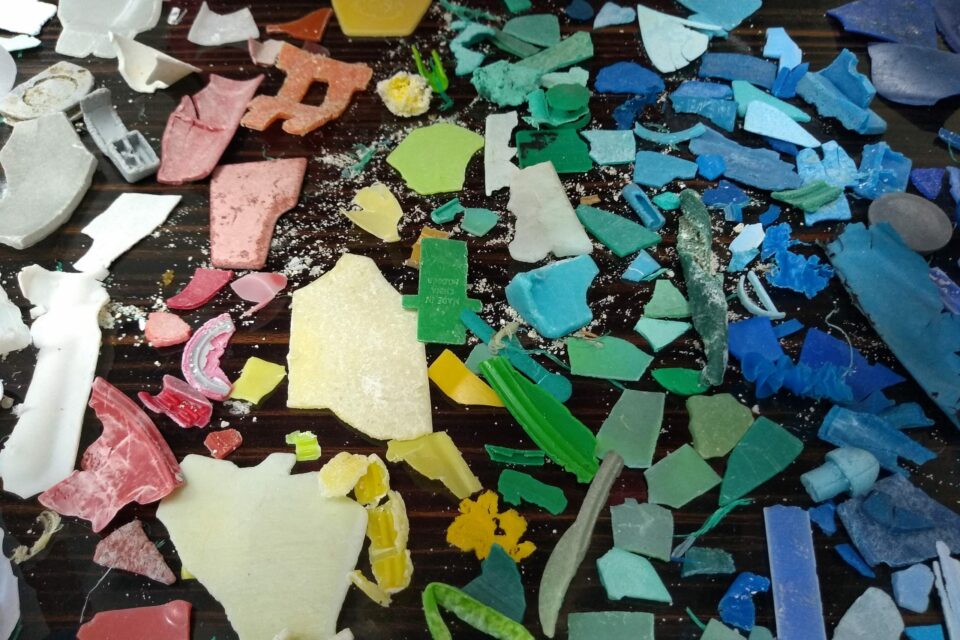
Climate change and plastic pollution: the inextricable link
